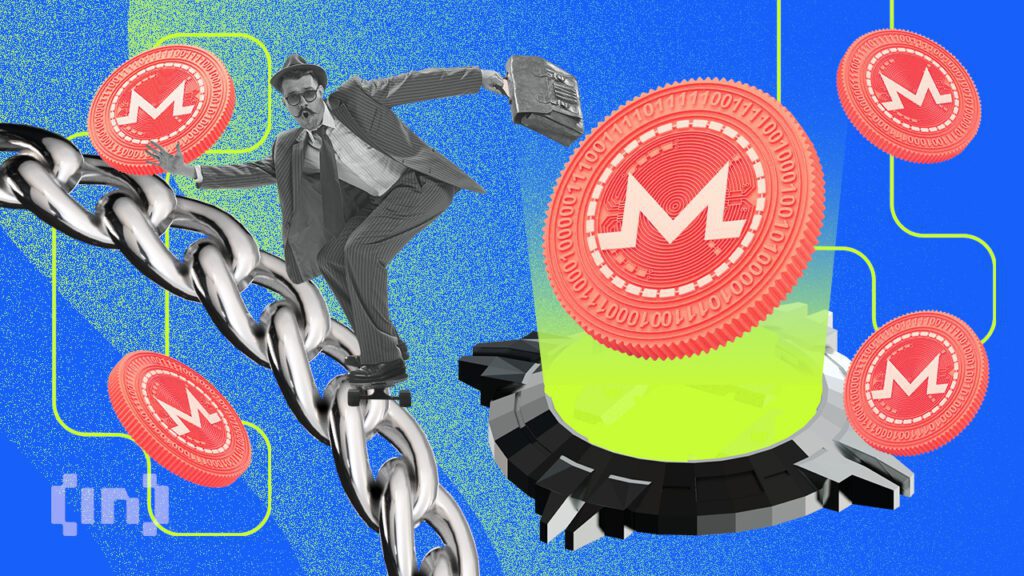Monero, a leading cryptocurrency focused on privacy, is once again under pressure after suffering the biggest chain reorganization ever.
On September 14th, Network Monitor reported a reorganization of 18 blocks that effectively erases 118 transactions. Independent analyst Xenu described the event as the largest Reorg in Monero’s history, amplifying concerns about the network’s resilience.
Monero’s Record Reorg shifts focus to Qubic’s impact
Blockchain reorganization occurs when miners are divided over which versions represent the active chain.
Sponsored Sponsors
This can occur when blocks are generated around the same time, or when software confuses validation. It can also occur when an attacker pushes the network into a conflicting fork.
When this occurs, the consensus rule will discard the shorter fork and choose the longest valid chain to clear the transaction.
In Monero’s case, the miners were forced to choose one of the competing forks before adjusting the dominant chain. An invalid transaction has already appeared in Fallouts has been identified, reviving longstanding concerns about Monero’s vulnerability to the majority hash power concentration.
The development quickly turned its attention to Qubic, a rival blockchain project with a controversial presence in Monero’s mining landscape.
Earlier this year, critics accused the network of attempting a 51% attack on blockchains focused on greater privacy. Mining pool statistical data show that Qubic currently accounts for 2.11 GH/s of Monero’s 6.00 GH/s network hashrate, making it the largest participant.
Qubic founder Sergey Ivancheglo adds fuel to the speculation with X’s inexplicable post, claiming Monero “stays because Qubic wanted it to stay.”
Analysts said network disruptions are intended to demonstrate power rather than secure economic benefits.
However, Xenu, citing Monero Developer Sech1, pointed out an orphan rate of 43% in the recent block, noting that Qubic is losing its mining rewards through inefficient strategies such as selfish mining.
“The past few weeks have shown a decline in interest in this attack, but invalid transactions are once again shaking the community. DNS checkpoints are a centralised fix that blocks checkpoints and are being heavily tested,” he added.
Still, Yu Xiang, co-founder of blockchain security company Slow Mist, warned that Monero was at risk of living under the “Sword of Damocles.” He said the ongoing ability to reorganize the chain is steadily eroding investor trust in the absence of direct double spending.


